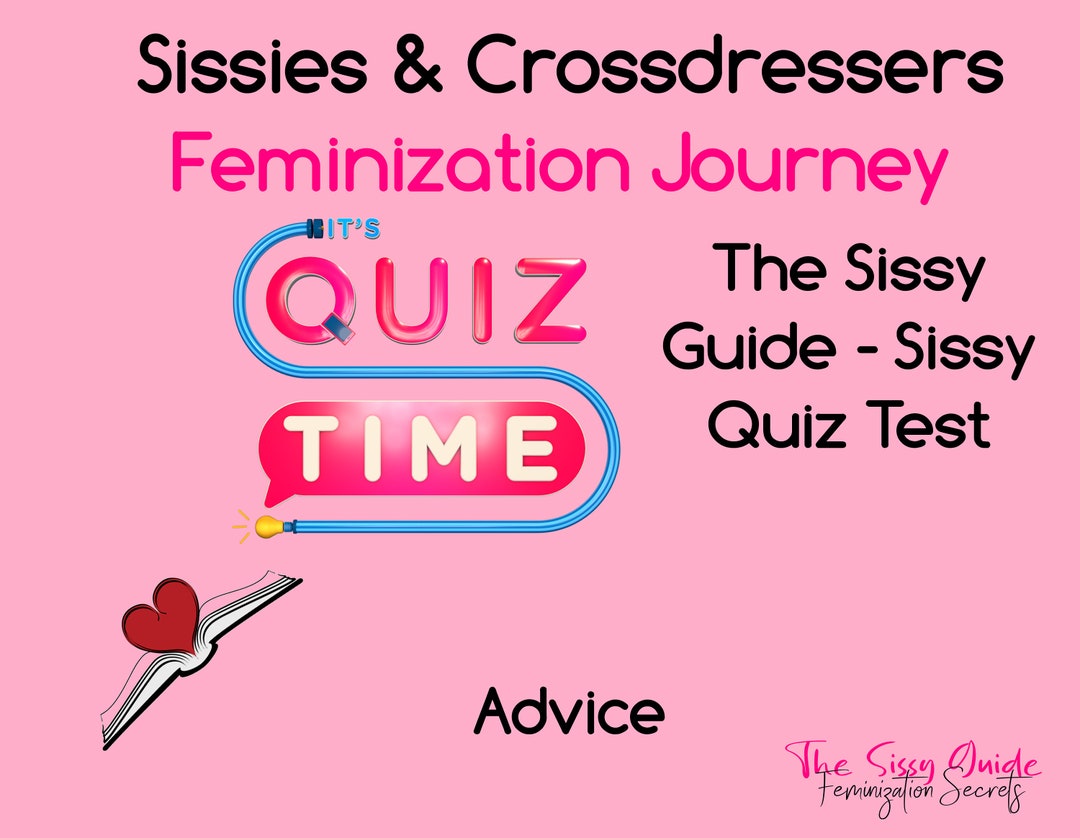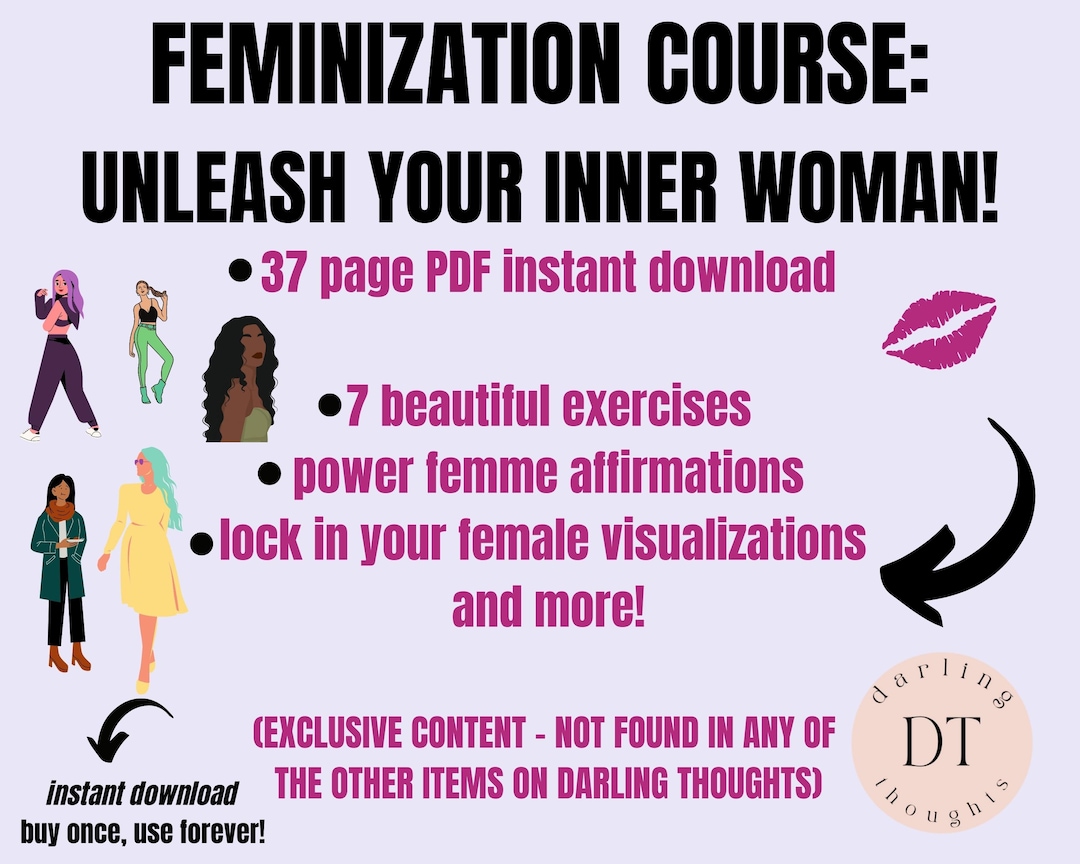Have you ever questioned the very essence of your being, the core of who you are? The journey of self-discovery often begins with the most fundamental question: "Who am I?" and, specifically, "What is my gender?"
The exploration of gender identity is a deeply personal and often complex undertaking. It involves examining your feelings, thoughts, and experiences to understand how you perceive yourself in relation to the societal constructs of gender. For many, this journey may lead to a deeper understanding of their authentic self, while for others, it can be a path filled with questions and uncertainties. It's a landscape as varied and unique as the individuals traversing it.
One of the first points to understand is that gender is not simply a binary. While the traditional understanding often presents gender as strictly male or female, the reality is far more nuanced and expansive. The term "transgender" itself, often expanded with an asterisk (transgender*), welcomes a broad spectrum of gender identities and expressions. This includes individuals who identify as transgender (or trans), as well as those who may identify with other terms like genderqueer or nonbinary. This expansive definition is crucial because it recognizes the fluidity and diversity inherent in human experiences of gender.
The rise of quizzes and tests focusing on gender identity reflects a growing awareness and acceptance of diverse gender expressions. These tools, available both online and in various programs, are designed to provide a safe and supportive space for individuals to reflect on their feelings and explore their identities. They offer a starting point for self-reflection, providing insights into how you see yourself and how you relate to gender norms. Many such tests are developed communally, ensuring a more inclusive and accurate depiction of the modern matrix of gender identities.
These quizzes work by posing questions that prompt reflection on your experiences and emotions. Some focus on the fundamental question "what gender am I?", helping you to understand how you perceive yourself. Others delve into specific aspects of gender expression, such as femininity or masculinity, and can help you understand your relationship with these traits. They are often designed to be non-judgmental and inclusive, emphasizing that there are no right or wrong answers. The primary goal is to help you uncover what feels authentic to you and provide a starting point for deeper self-understanding.
For some, these quizzes may provide clarity. For others, they might highlight the complexities of gender identity. Regardless of the outcome, the process of taking the quiz encourages you to engage with your feelings and reflect on your experiences, emotions and thoughts. By reflecting on your experiences and emotions, you can start uncovering what feels authentic to you. It is not meant to prove any point to others. It is challenging to create a quiz that includes all sorts of identities. The key takeaway is that these tools are designed to support you on your personal journey.
The exploration of gender dysphoria often arises during the process of self-discovery. Gender dysphoria is a condition characterized by a significant distress caused by a conflict between a person's gender identity and their assigned sex. It is important to note that experiencing gender dysphoria is not a mental illness in itself. However, it can be a source of profound emotional distress, impacting various aspects of a person's life.
The "Am I Trans?" quiz is one such tool. These tests are specially curated with questions that allow us to take a deep dive into your inner feelings. Unlike other quizzes online, our trans test has specially curated questions that allow us to take a deep dive into your inner to help you explore the different gender categories that exist beyond the traditional binary of male and female.
Understanding the biological aspects of gender is also essential. Research suggests that transgender women, for example, may have brain structures that resemble those of cisgender women, diverging from those of cisgender men. Genetically, transgender women may possess a longer receptor gene than cisgender men, which is less effective at binding to testosterone. In reality, it's challenging to establish a single quiz that encapsulates the diversity of gender identities. And the goal is to help people determine their characteristics in the new matrix of gender identities.
Here is some general information in table format:
| Category | Details |
|---|---|
| Gender Identity Tests | Quizzes and self-assessment tools designed to help individuals explore their gender identity and self-perception. |
| Purpose | To provide a safe space for self-reflection, explore feelings, and understand how you relate to gender norms. |
| Types of Questions | Often involve questions about your experiences, emotions, and preferences, with no right or wrong answers. |
| Focus Areas | Can focus on understanding your gender identity, exploring femininity or masculinity, or assessing symptoms of gender dysphoria. |
| Benefits | Can provide clarity, highlight complexities, and encourage self-discovery and authentic expression. |
| Limitations | Quizzes are not diagnostic tools and should not be used to determine gender identity, however, they can be used as a tool of self-assessment. |
| Target Audience | Anyone questioning their gender, curious about gender, or seeking to understand their feelings. |
| Examples | "What Gender Am I?" quizzes, Gender Dysphoria tests, Femininity/Masculinity Quizzes. |
| Reference | Psychology Today |
It's important to note that these quizzes are not diagnostic tools. They can be valuable starting points for self-reflection and exploration, but they should not be taken as definitive answers. Exploring your gender is an ongoing journey, and the best approach often involves a combination of self-reflection, education, and, if needed, professional guidance.
For some, the journey of self-discovery may lead to an exploration of specific identities. The "sissy test & quizzes" page, for instance, provides a playful and supportive environment for exploring this identity. These quizzes are for adults only, and participation is acknowledgment that the test is not a diagnostic instrument. They emphasize personal growth and making your journey both enjoyable and enlightening. The focus is on self-exploration and understanding. And the key is to create a tool for individual and to support people in this path.
Its challenging to create a quiz that includes all sorts of identities. It would be wonderful to have a single quiz that can tell you if youre cis, trans, nonbinary, or anywhere in between the gender spectrum. But, at the end of the day, your gender is only defined by you. Others get to say nothing about your gender. We created this quiz only for you to figure out how you would like to express yourself. It is not meant to prove any point to others.
The word "transgender" has been around for less than sixty years. John oliven in 1965, the word would come over the next decade to refer to people who would previously have been classified as "transsexual," but who didn't desire surgeries.
Being transgender is not a choice, a phase, or a mental illness. It is a natural variation of human diversity, just like having different eye colors or hair textures. You are not alone in your feelings; there are millions of transgender people around the world who share your experience and understand your struggles. Whether youre questioning your connection to your assigned gender, curious about what being trans might mean, or simply seeking clarity about your feelings, this quiz is here to help. By reflecting on your experiences and emotions, you can start uncovering what feels authentic to you. Try this gender identity test and discover new ways to understand yourself better.
In the end, the path to understanding your gender identity is a deeply personal one. Quizzes and tests can be useful tools in this journey, offering a space for exploration, reflection, and self-discovery. But the most important compass is your own intuition, your own feelings, and your own sense of self. The goal is not to find the "right" answer, but to gain a deeper understanding of the beautiful and complex tapestry of who you are.


